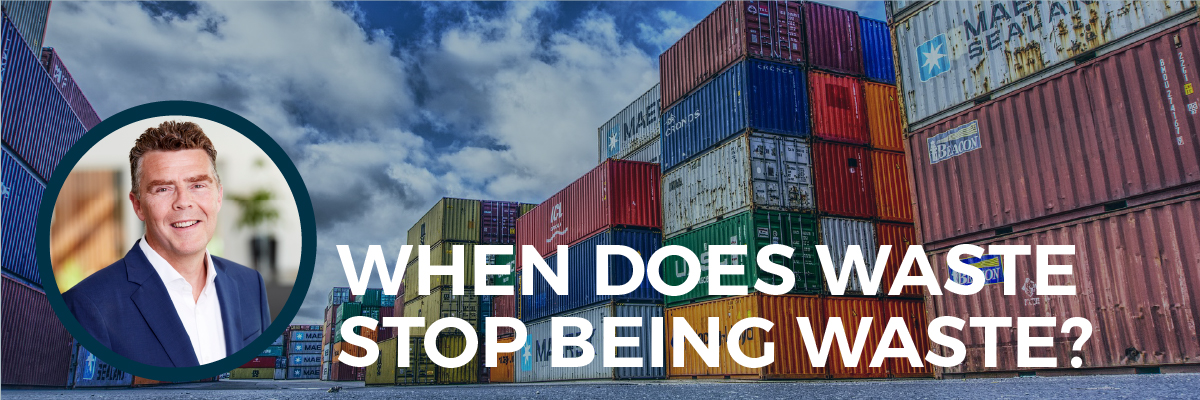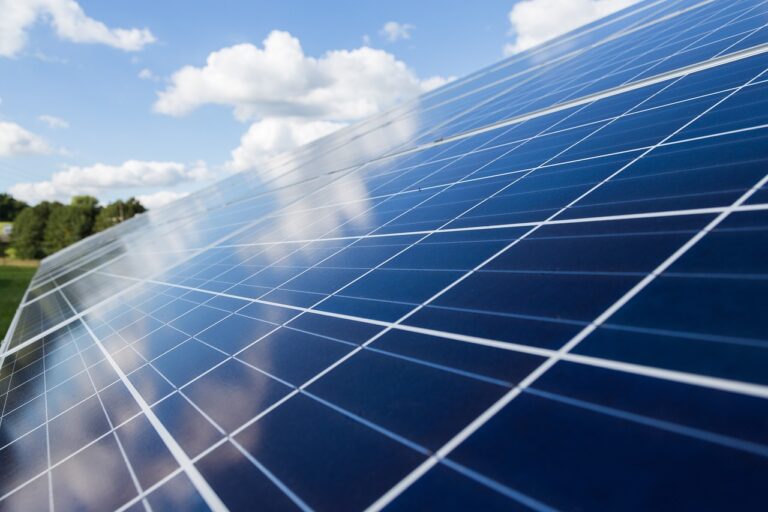
WHEN DOES WASTE STOP BEING WASTE?
Published January 2022 by Poul Steen Rasmussen, Group CEO
Yesterday’s paper, an empty plastic container, a torn jumper and a worn-out tire – completely different things which have one thing in common: they are all categorized as waste. At the same time, however, they are important, recyclable resources, which our planet cannot afford missing out on in the battle towards climate change mitigation and a sustainable future. When it comes to recycling, we cannot sit back and save the aces; sooner or later, the game is over.
For a number of years, several NGOs have strongly criticized waste export out of the EU, especially plastic waste. First of all, it is counterproductive that waste is exported from our rich part of the world to poorer countries with little or no technology to process it. And secondly, the EU countries lose the resources that could be reaped, if this waste was instead processed into new raw materials. So thankfully, the European Commission is stepping in.
For the reasons mentioned, the EU rules on waste shipment are up for revision – and the possibilities of shipping waste from one continent to another are to be restricted. The Commission is thus looking to ensure that companies will in future be required to guarantee a sustainable processing of their waste. Fundamentally, everyone shall be responsible for the correct handling of their own waste within Europe; and if this is not possible, proof that it is being processed in a sustainable manner outside of Europe shall be required.
All this is part of the European Union’s green strategy plan, the European Green Deal.
It goes without saying that we at Genan fully support the Green Deal. It is common sense that we should not just close our eyes and ship off waste to be processed in different places around the globe, where the resources to comply with standards for sustainable waste management are non-existent. We must take into account how our waste will be dealt with when we pass it on for others to manage; and in my opinion, it would be naive to think that climate change mitigation is top priority everywhere. In this respect, we must play our cards right, so valuable resources such as paper, plastics, textiles, tires etc. do not become yet another minus in the calculation of our carbon footprint – but instead become part of the recycling system. Reusing these resources is the mining of the future.
However, there is a catch to the initiative. In the recycling industry, we work with waste. Waste undergoing numerous processes, being transformed into a sustainable resource and a new raw material – also known as raw material from recycling.
If these high-quality, recycled products can no longer be exported out of Europe because they are still classed as waste, we will simply be shooting ourselves in the foot!
Currently, it is not clearly defined when waste becomes a raw material from recycling.
In other words: When will processed rubber from worn-out tires, separated from textile and steel in an advanced industrial process, achieve end-of-waste status (EoW)? When is it no longer waste?
When a material achieves end-of-waste status, it ceases to be classified as waste. EoW status is a seal of approval allowing the material to be marketed as a product on equal terms with products made from virgin materials, i.e. raw materials which have never been used before.
This is one of the issues that should be discussed in the European Commission in connection with the Green Deal. In the endeavors for a greener future, it is imperative that the recycling industry works under same conditions as companies working with virgin materials for it to be a fair game. The playing field must be level.
For recycled products, the current waste status creates problems in relation to competitiveness in the market and export opportunities. While virgin materials are free to be shipped to other continents, the container with raw materials from recycling is left behind at the docks, labelled as waste. It is thus crucial that the playing field is levelled, so we do not end up sinking the ship of climate change mitigation.
As for us at Genan – manufacturing raw materials from recycling in the form of high-quality rubber and steel – we are of course particularly eager for the European Commission to start working on end-of-waste criteria for recycled rubber from end-of-life tires (ELT) as soon as possible. And we will work hard for this to happen.
We fully support the European Green Deal, yet we urgently need the same set of rules to apply for both primary and secondary raw materials; otherwise, the mining of the future and circular economy will in the long run end up in checkmate.
Genan Inc.
18038 Beaumont Hwy.
Houston TX 77049
Phone: +1 713 674 8500
E-mail: info-us@genan.com
– Striving for a sustainable future!



